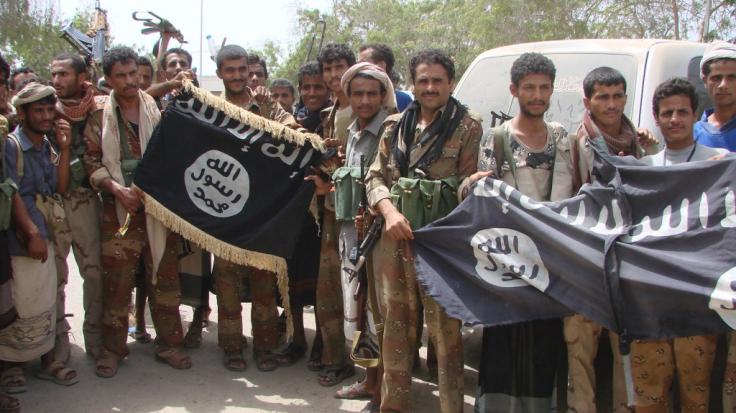Al-Qaeda has strengthened its power in Yemen

Al-Qaeda has taken advantage of sectarian conflict in the Arab world’s poorest country for strengthning their power. Such information was spreaded by the International Crisis Group.
Al-Qaeda “is stronger than it has ever been,” the Brussels-based group said in a report Thursday. “As the country’s civil war has escalated and become regionalized, its local franchise, al-Qaeda in the Arabian Peninsula, is thriving in an environment of state collapse, growing sectarianism, shifting alliances, security vacuums and a burgeoning war economy.”
Instability has engulfed the country since a popular uprising in 2011 overthrew then-President Ali Abdullah Saleh. The turmoil escalated after Shiite Houthi rebels forced Saudi-backed President Abdurabuh Mansur Hadi from power in 2015.
Saudi Arabia, the champion of Sunni Islam in the Middle East, assembled a military coalition later that year to curb what it described as a surging Iranian threat. But while it has failed to quell the rebels and reinstate Hadi, the coalition campaign of airstrikes and limited ground operations has deepened the chaos, and according to the United Nations, has killed or wounded more than 10,000 Yemenis, including thousands of civilians.
Al-Qaeda has used the country’s fractured political environment to plot attacks against Saudi Arabia, the world’s largest oil supplier, and the U.S., which launched a raid late last month against the militant group. An American serviceman was killed in the attack, the first such loss since President Donald Trump took office.
Efforts to fight al-Qaeda will be endangered if states interested in rolling back the militants’ power “take military actions that ignore the local context and result in high civilian casualties” or “fail to restrain partners who tolerate or even encourage” al-Qaeda activity, the International Crisis Group said. Military actions, like the U.S. raid, could imperil efforts to contain the militant group, it said.
Source: bloomberg.com
